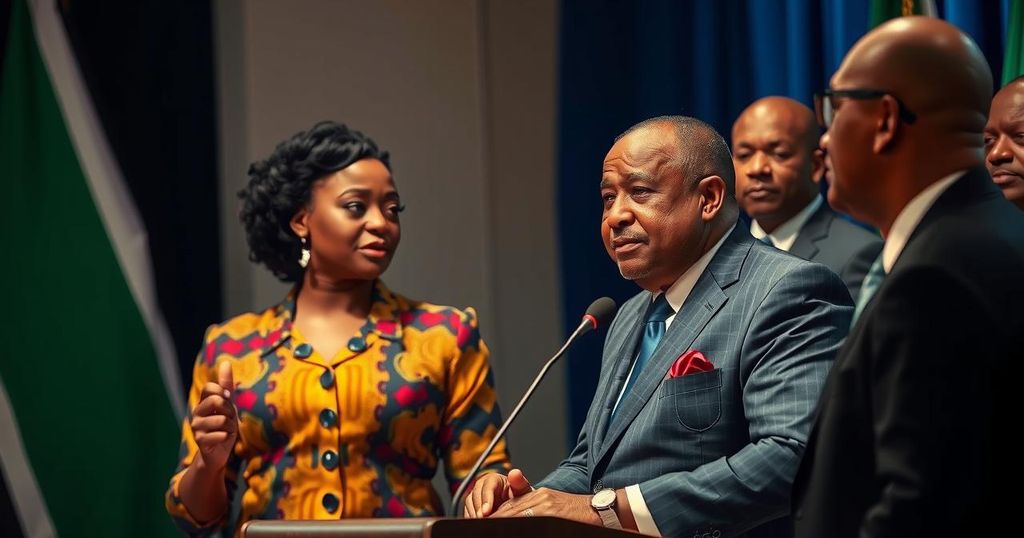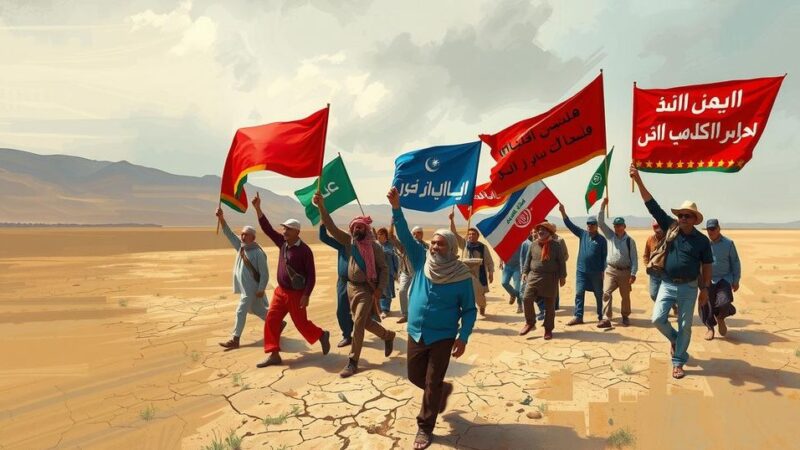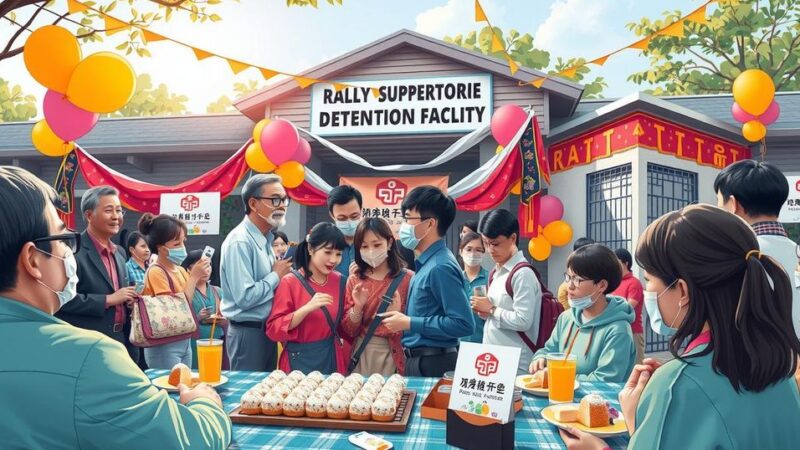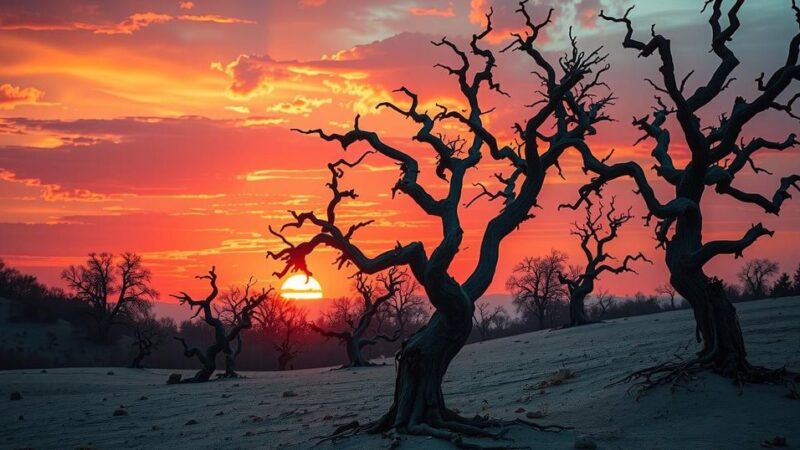Duma Boko’s inauguration as Botswana’s president marks a historic shift after the UDC’s landslide electoral victory. With a focus on enhancing democracy and addressing key social issues like unemployment and economic disparity, Boko aims to lead Botswana into a new era of governance. His administration pledges ambitious reforms to improve the lives of citizens and stabilize the economy, reflecting a desire for transformative change among the electorate.
On October 30, 2023, Duma Boko was inaugurated as the new president of Botswana, marking a significant shift in the country’s governance after his party, the Umbrella for Democratic Change (UDC), secured a decisive electoral victory. Boko’s administration promises to enhance the democracy of Botswana, which has been under the rule of the Botswana Democratic Party (BDP) for nearly sixty years. His election signifies a call for change among citizens, particularly the youth who expressed a desire for a government that addresses pressing issues such as unemployment and economic disparity. During his oath-taking ceremony, Boko emphasized the importance of democratic engagement, stating, “For nearly three score years, our democracy remained unbroken, unproven and untested. On the 30th of October this year, together, we tested this democracy.” His congratulations to former president Mokgweetsi Masisi further clarified the importance of acknowledging the past as Botswana transitions toward a new political landscape. The UDC’s significant win, with 36 parliamentary seats against the BDP’s four, showcases the electorate’s longing for transformative policies and governance. Boko’s vision includes ambitious economic reforms, such as the creation of 500,000 jobs, the construction of 100,000 housing units, and addressing essential services like water and energy tariffs. He is keen to establish stable relations within the diamond industry while diversifying the economy away from the reliance on diamond revenue. The election saw a remarkable turnout of 80% from the population, highlighting citizens’ engagement in the democratic process and their desire for a progressive and more inclusive governance. Notably, international figures, including Zimbabwe’s opposition leader Nelson Chamisa, hailed the regime change as a beacon of hope for political reform across the region.
Botswana’s political landscape has been dominated by the Botswana Democratic Party (BDP) since its independence in 1966. For almost six decades, the BDP maintained a strong grip on power, making the recent election outcome a historical turning point. The election resulted in significant voter participation, with young citizens actively seeking changes to address longstanding economic and social challenges. The transition to Duma Boko’s leadership under the Umbrella for Democratic Change (UDC) signals expectations for fresh policies and governmental accountability that resonate with the people’s needs.
Duma Boko’s inauguration as Botswana’s president represents a pivotal moment in the nation’s political history, moving away from long-standing BDP governance. His administration has outlined a commitment to revitalizing the economy, promoting democracy, and tackling crucial social issues. As citizens rally behind this new leadership, the hope for a transformed Botswana emerges, with expectations of accountability and progressive change.
Original Source: www.barrons.com






